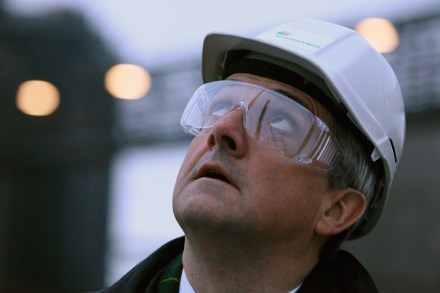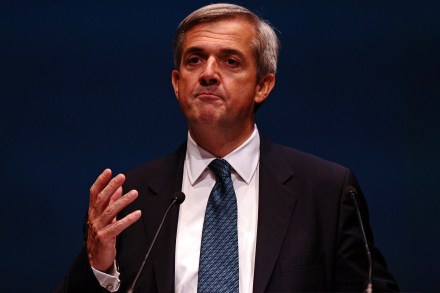The significance of today’s Cabinet bust-up
On the Today Programme this morning, David Cameron stressed that for all the tensions about the AV referendum, ministers were still capable of sitting round a table and working together. But within a couple of hours of saying this, Chris Huhne had destroyed this argument by using Cabinet to continue his attack about the tactics of the No campaign. When the Energy Secretary is demanding that the Prime Minister and the Chancellor justify their behaviour to him it is impossible to pretend that it is business as usual. It is now indisputable that the fallout from the AV referendum campaign is having an impact on the functioning of the





















